A unique phenomenon in the history of Vietnamese Buddhism
Nun Dieu Nhan (1042 - 1113), whose name was Ly Ngoc Kieu. She was the eldest daughter of Phung Can Vuong Ly Nhat Trung - the second son of King Ly Thai Tong and the younger brother of King Ly Thanh Tong. When she was young, Ly Ngoc Kieu was adopted by King Ly Thanh Tong and was given the title of Princess. In 1058, the King married Princess Ly Ngoc Kieu to Chau Muc Chan Dang, the Le family. After Chau Muc Chan Dang passed away, she became a nun and studied Buddhism with Zen master Chan Khong in Phu Dong village, was given the Dharma name Dieu Nhan and was the abbot of Huong Hai Nunnery, Phu Dong village, Tien Du district, Bac Ninh (now Gia Lam, Hanoi ). Nun Dieu Nhan was well-versed in Buddhist scriptures and had a pure mind. She was known as the 17th Patriarch of the Thien Tini-da-luu-chi lineage, a Zen lineage with a special position in the history of Vietnamese Buddhism. She is the only nun who is recorded quite thoroughly in Thien Uyen Tap Anh, and is listed in Dai Viet Su Ky Toan Thu.
Thien Uyen Tap Anh recorded: “The nun Dieu Nhan - Huong Hai monastery, Phu Dong village, Tien Du district. Her name was Ngoc Kieu, the eldest daughter of Phung Yet Vuong, gentle by nature, with polite speech and conduct. King Ly Thanh Tong raised her in the palace. When she reached marriageable age, the king married Chau Muc Chan Dang, surnamed Le. The Le family passed away, she vowed to remain single and not remarry.” Marrying princesses to local leaders was part of the “marriage diplomacy ” policy that was very common during the Ly - Tran dynasties. With such close emotional ties, the court kept peace in remote areas, on the border. Princess Ngoc Kieu was one of the pioneers in implementing that wise diplomacy.
Dai Viet Su Ky Toan Thu recorded: "In the year Quy Ty Hoi Tuong Dai Khanh 4 (1113), in the summer of the 6th month, Chau Muc Chan Dang's wife, a princess of the Ly family, died". "The wife's name was Ngoc Kieu, the eldest daughter of Phung Can Vuong, Thanh Tong raised her in the palace. When she grew up, she was made a princess and married Chau Muc Chan Dang of the Le family. Le died, swore to remain a widow and became a nun. She died at the age of 72. Than Tong honored her as a nun". This was the first time the name of a nun was recorded in official history in quite detail, including the year of her death, her age, and her life's deeds. Nearly 20 years after her death, Dieu Nhan's influence was still strong not only among the masses, but also among the country's leaders. After ascending the throne (in 1128), King Ly Than Tong (posthumously) honored her as a nun. This proved that she was a virtuous person and was respected by society.
Continuing a unique culture
The Vietnamese in the Red River Delta have built a nation based on wet rice agriculture . That civilization affirms the role of women through a system of beliefs and religions that reflect emotions and aspirations for a prosperous and happy life. In folk beliefs, there are many female images associated with Buddhism such as Buddha Mother Man Nuong and the worship system of Tu Phap, Quan Am Thi Kinh, Quan Am Tong Tu, Ba Chua Ba Chua Huong, Ba Chua Xu Nui Sam (Chau Doc) ... all are incarnations of Bodhisattva Quan The Am who saves sentient beings. The statues of "Buddha" in Vietnamese pagodas all have plump, kind faces, clearly expressing the "feminization" tendency in the religious life of the Vietnamese people.
The history of the nation records the names of female heroes, women who have contributed to the country such as: Hai Ba Trung, female general Le Chan, female general Thieu Hoa, Ba Trieu, female general Bui Thi Xuan, ... many of these talented women have strong connections with Buddhism: Royal concubine Y Lan, Princess Huyen Tran, Queen Trinh Thi Ngoc Chuc ... and Buddhist nun Dieu Nhan is a person who has contributed a lot to the homeland, to the Dharma, for the Dharma and the nation.
Vietnamese historical researchers also raised the question: Could it be that the Buddhist monk Dieu Nhan's idea that "one must find one's true nature in the most ordinary daily tasks" initiated a Buddhist movement that took the idea of "harmonizing with the world" as the basis for strong development later on, to become the viewpoint of "living in the world and enjoying the Dharma" of King Tran Nhan Tong and the birth of the Truc Lam Zen sect (?).
In modern times, through two wars of resistance against foreign invaders, nuns continued to promote the fighting spirit of the national tradition. Many nuns became youth volunteers, many nuns and female Buddhists heroically fought and sacrificed for the Dharma and the nation. Today, nuns account for nearly 60% of the total number of monks and nuns in the country, participating in all activities of the Vietnam Buddhist Sangha. Many nuns actively participate in social charity work, contributing to the cause of national construction.
The scientific conference “Female Buddhists and Vietnamese Buddhism” and the 906th anniversary of the passing of Venerable Dieu Nhan are also occasions to honor the contributions of female Buddhists throughout the history of the nation.
Source: https://nhandan.vn/ton-vinh-nhung-dong-gop-cua-cac-nu-phat-tu-post375354.html






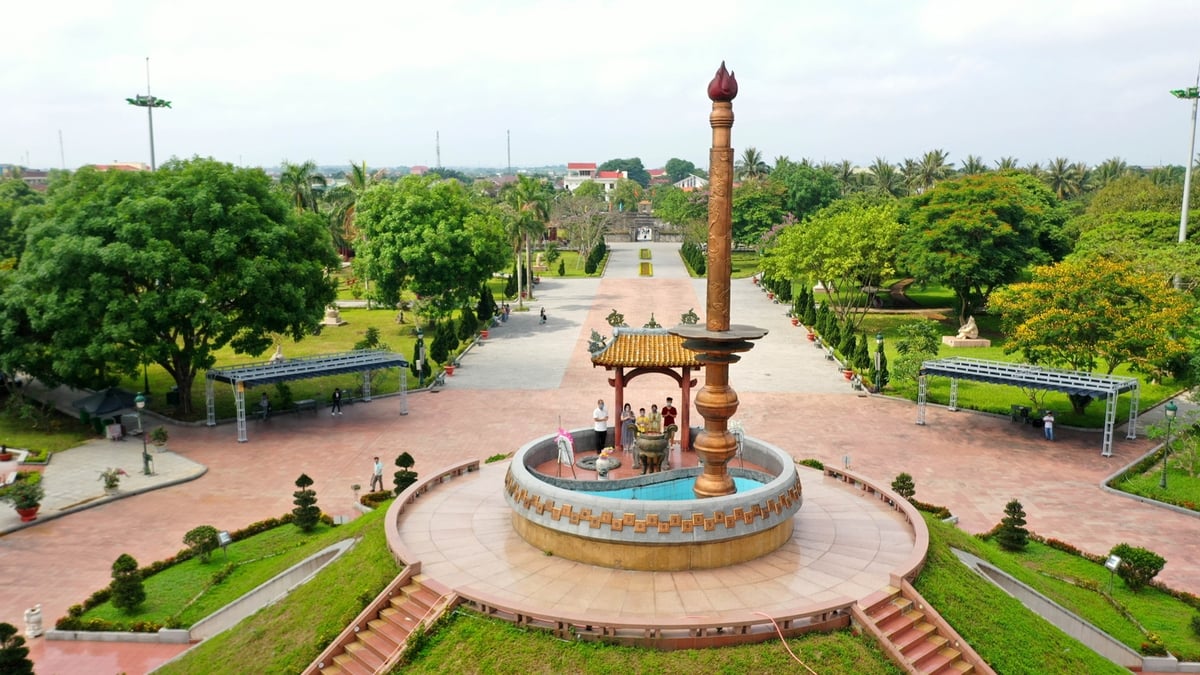
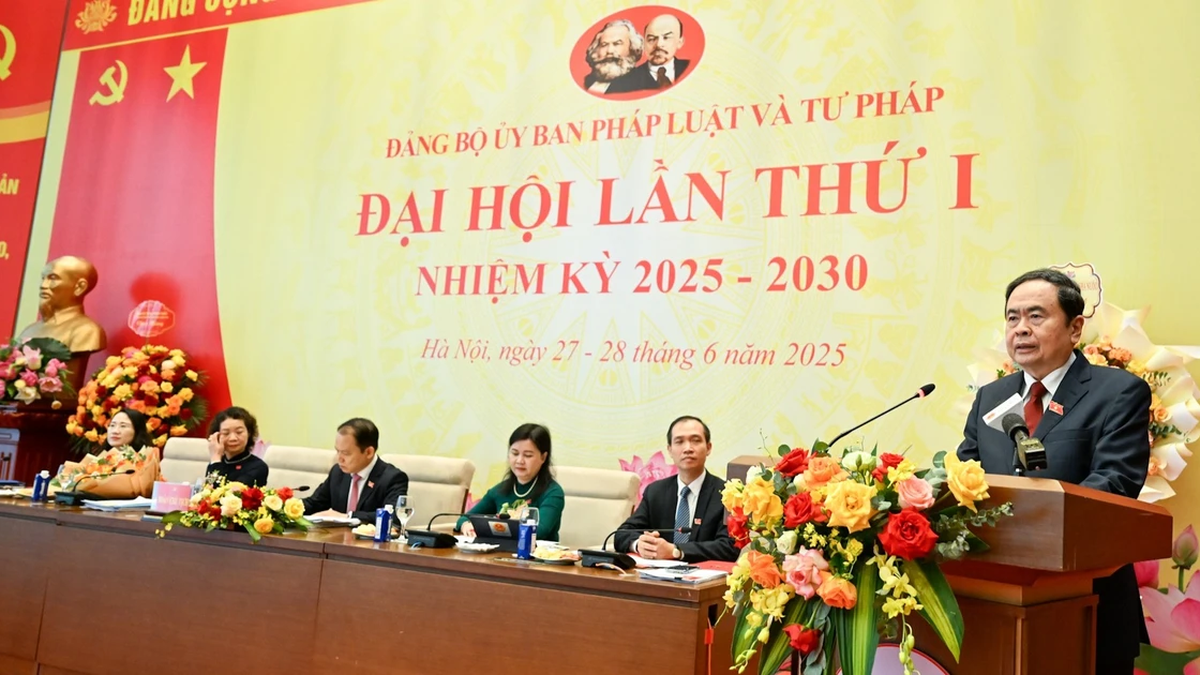















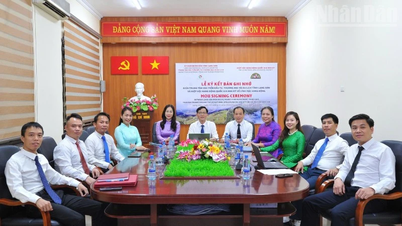
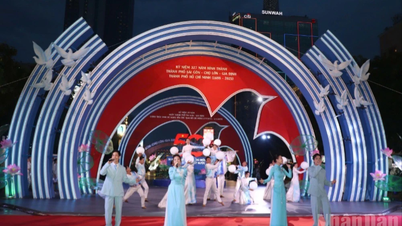
![[Video] Russian Film Week in Vietnam 2025](https://vphoto.vietnam.vn/thumb/402x226/vietnam/resource/IMAGE/2025/6/28/c4c3a7980264492ab542dc63c5d9c0c0)


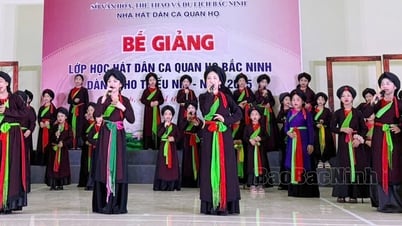

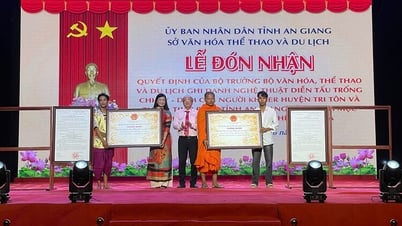

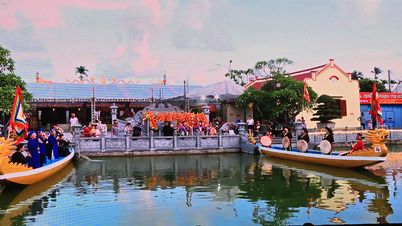



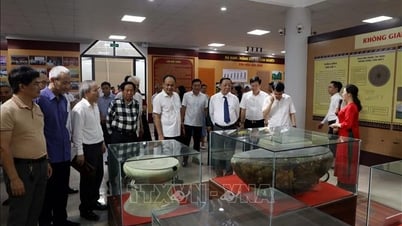

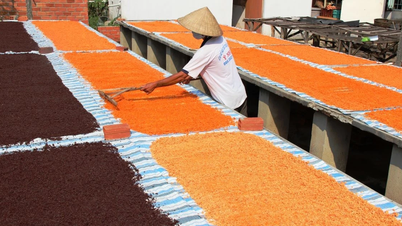





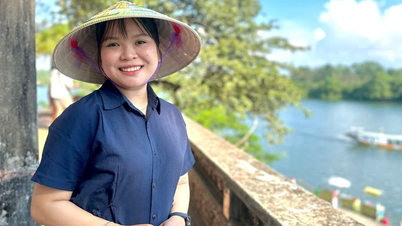



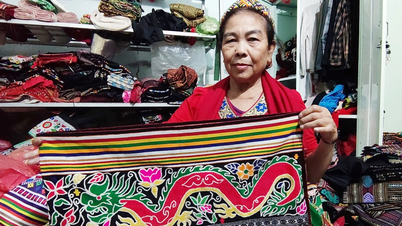

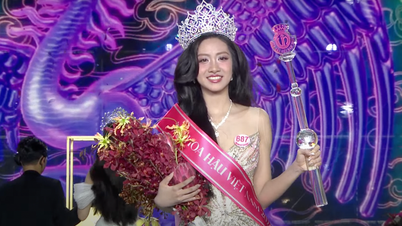



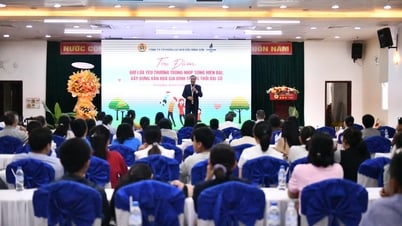






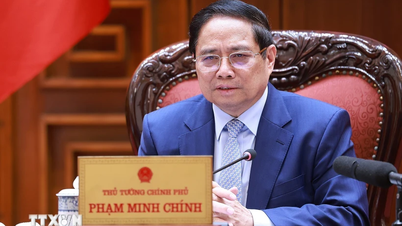


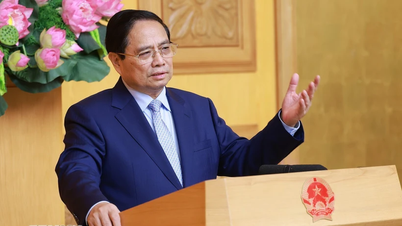
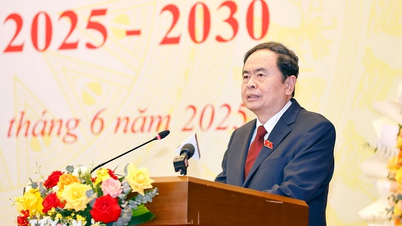





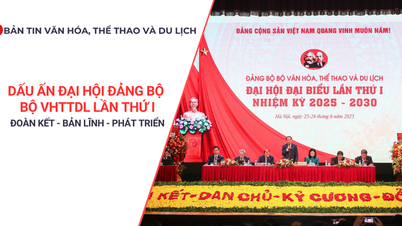

























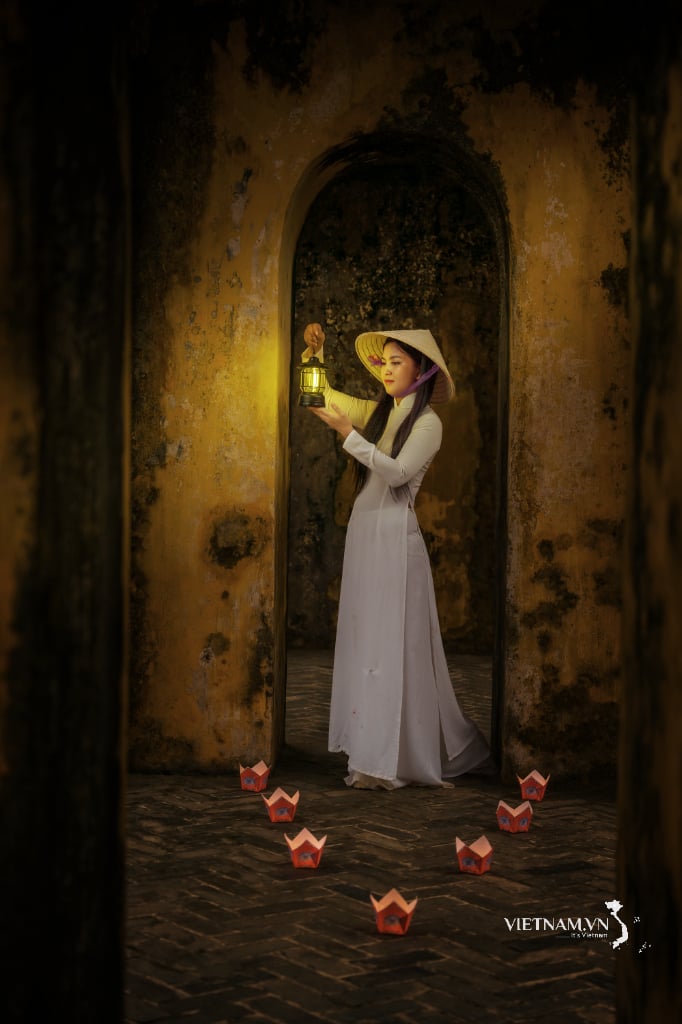


Comment (0)